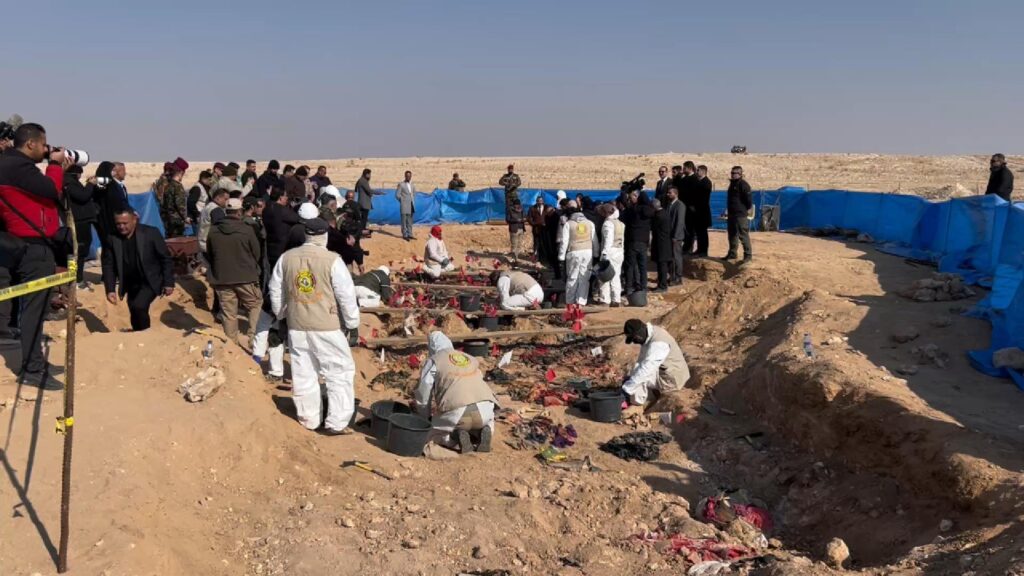Iraq: COVID-19 Situation Report No. 7, 24 March 2020
KEY MESSAGES
• 266 confirmed cases of COVID-19 in Iraq as of 24 March 2020
• 23 fatalities confirmed due to COVID-19 as of 24 March 2020
• 62 patients who have recovered from the virus
• Curfew extended in Baghdad until 28 March 2020
• Curfew extended in Erbil until 1 April 2020
• WHO works to stop spread of misinformation
SITUATION OVERVIEW
As of 24 March 2020, the Iraqi Ministry of Health has confirmed 266 cases of COVID-19 in Iraq; 23 fatalities; and 62 patients who have recovered from the virus.
Twenty-four hour-a-day curfews and movement restrictions have been extended in both federal Iraq and the Kurdistan Region of Iraq (KRI). In Baghdad, the curfew, restrictions and the closure of the airport was extended until 28-March. In KRI, the Kurdistan Regional Government (KRG) announced that the curfew and restrictions will extend to 1-April and that closure of Erbil International Airport would be extended until 28-March. Similar curfews are in place in other governorates and are largely tracking the measures announced by the Government of Iraq (GOI) in Baghdad.
A major religious pilgrimage event took place on 21 March. The millions of external visitors who customarily observe the pilgrimage were prevented from entering Iraq and taking part, but thousands still participated in Baghdad despite the imposition of the curfew and movement restrictions. The substantial reduction in foreign participants is considered a significant achievement regarding COVID-19 prevention, preparedness, and response; nevertheless, an increase in the number of daily cases recorded is expected in coming weeks as a result of the large crowds who took part in the commemoration. The Ministry of Health issued a statement asking those who had taken part to self-isolate at home. The next major religious observation in the region will be the beginning of Ramadan on 22 April. The World Health Organization (WHO) and their governmental counterparts in both the GOI and KRG are intensifying their outreach efforts on the importance of respecting movement restrictions against mass gatherings in order to further help stem the spread of the virus. There are news reports that security actors in both federal Iraq and KRI are increasing enforcement measures against those who disregard the curfews.
On 22-March, the Special Representative of the Secretary-General for Iraq Jeanine Hennis-Plasschaert met with the Iraqi Minister of Health and joined him in calling on Iraqis to follow the instructions and advice from health, religious, civilian and security authorities on practicing social distancing and strict hygiene in order to protect their communities. The SRSG noted she was encouraged by the wide-ranging actions already taken in Iraq, including in the KRI, but that public health had to remain the number one priority. On 23-March, the supreme Shia religious authority in Iraq, Ayatollah Ali Al-Sistani, issued a statement asking followers to “use appropriate caution with this epidemic [and] take the fullest prevention and treatment as decided by the specialists” and urging them “to adhere to the directions issued by the concerned authorities." Also on 23-March, Iraqi President Barham Salih gave a televised address asking the nation to respect all precautions issued by the health authorities.
The WHO continues to provide technical support to all countries in the region on surveillance, rapid response, laboratory diagnosis, mass gathering preparedness, points of entry, logistics and supplies, infection prevention and control, case management and risk communication. The WHO has finalized a national preparedness plan for Iraq, and also issued a press release clarifying all official WHO channels of communication, in order to halt the further spread of any misinformation.



